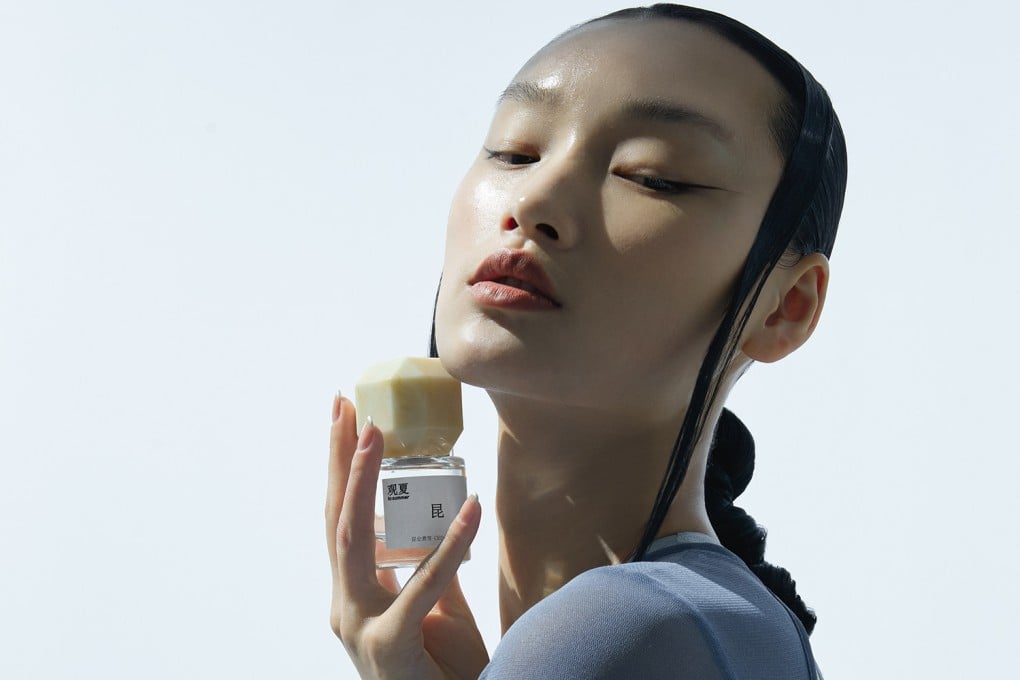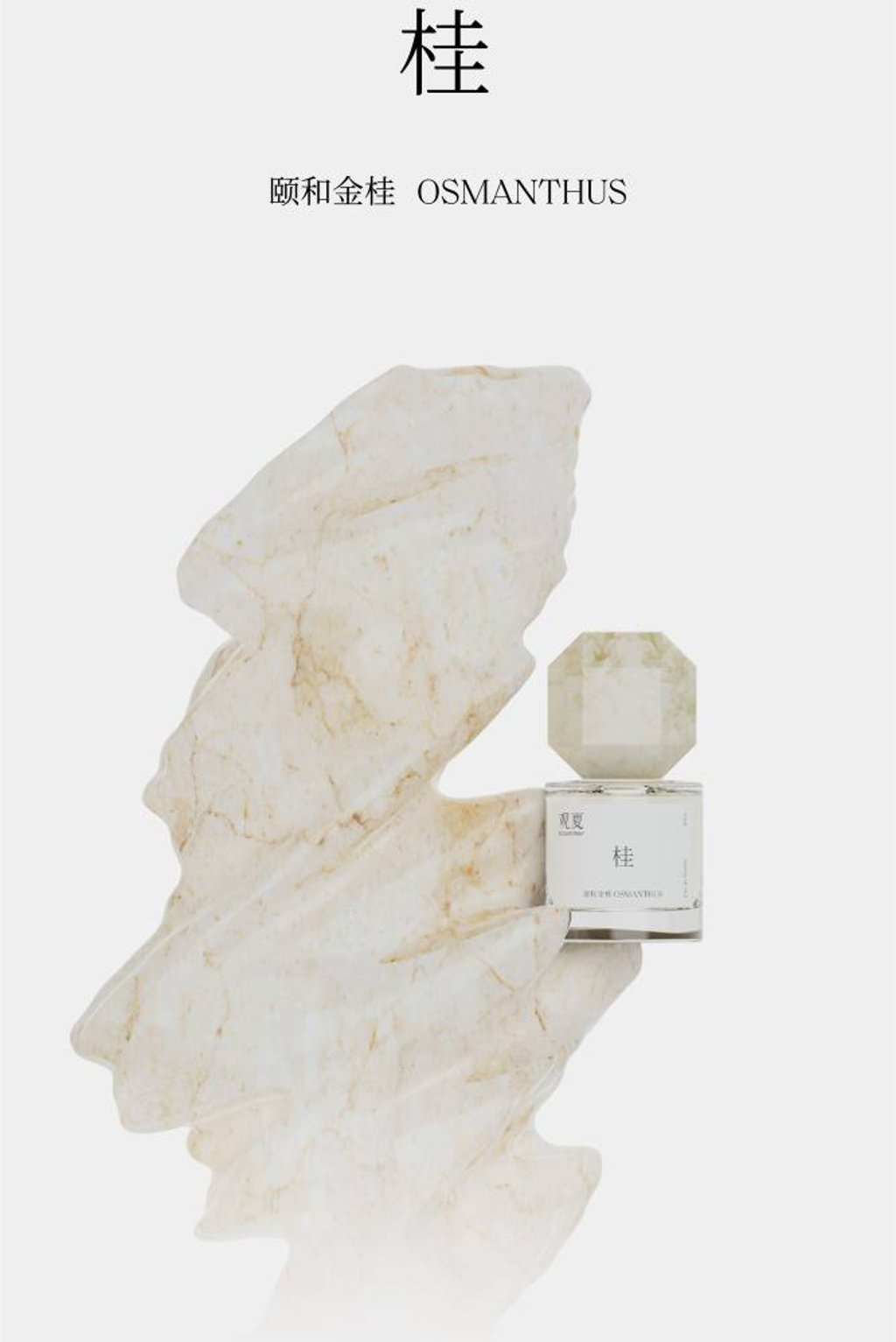How luxury Chinese perfumes are riding the ‘China cool’ and C-beauty wave with localised scents to attract young, affluent customers
- Brands such as To Summer, Scentooze, and Scent Library appeal to discerning Chinese customers increasingly looking for high-end, China-made lifestyle products
- As well as offering high-end scents, brands need to have premium storytelling that emphasises areas such as product, ingredients and formula, one analyst says

Virtually every scent line To Summer produces is a sell-out, snapped up by online customers who are captivated by the headily nostalgic fragrances such as osmanthus flower and cedarwood that evoke powerful childhood memories and emotions.
Another characteristic that endears buyers is that the scents are created and manufactured in China, carefully crafted to match the specific sensibilities of discerning, affluent, young Chinese consumers.
The distinctive whiff of the osmanthus flower in particular – the bestselling line, Summer Palace Osmanthus, can shift 100,000 units a year – is almost certain to bring back recollections of time and place for people in China.
The catalyst for that particular scent, which has been crucial to the runaway success of To Summer, was a visit to the Summer Palace in Beijing by co-founder Shen Li.

“I caught the scent of an osmanthus tree and the childhood memories came flooding back,” she says. “It gave me the idea to create a perfume that would remind people of when they were growing up. Osmanthus is a flower that is hugely popular – there was even an osmanthus dessert.”